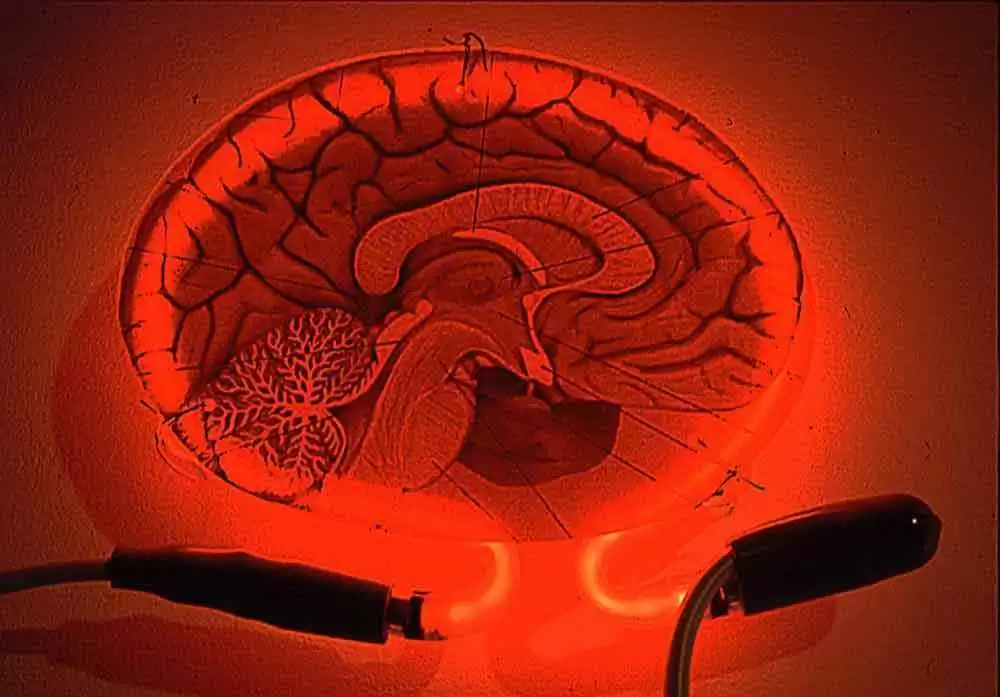
Celiac.com 07/19/2021 - Many people with celiac disease and non-celiac gluten sensitivity claim to suffer from gluten-induced neuro-cognitive impairment (GINI), often referred to as “celiac fog,” "gluten fog,"or “brain fog,” but there have been no good studies, and so there is very little data about the rates and symptoms associated with GINI.
A team of researchers recently set out to to understand the neuro-cognitive symptoms associated with gluten exposure in individuals with self-reported celiac disease and non-celiac gluten sensitivity (NCGS). For the study the team had 1,143 with people with celiac disease and 253 with NCGS participate in 9-question online survey.
Celiac.com Sponsor (A12):
The survey used both forced choice and free-response to get a description of neuro-cognitive symptoms the participants experienced after gluten ingestion. The team coded free-response answers based on the Health-Related Quality of Life Instrument.
Nearly nine out of 10 celiacs, and 95% of NCGS sufferers reported symptoms of GINI. In both groups, the most common words used by respondents to describe the symptoms were "difficulty concentrating," "forgetfulness," and "grogginess." Both groups shared similar timing of symptoms, including symptom onset and peak.
The free responses for both groups showed that respondents most commonly referred to cognitive, physical, psychological, and overall impact on quality of life.
This survey indicates that GINI is common and may be severe in both individuals with celiac disease and NCGS.
The team speculates that gluten-related cognitive and physical impairment may be similar to that seen in other autoimmune conditions, such as lupus.
The researchers encourage clinicians to include assessment for GINI symptoms in assessments for all celiac disease and NCGS patients. They also call for additional research which includes the development of a patient-reported outcome measure that notes the patients' perceived neurocognitive effects of gluten exposure.
Read more in the Journal of Clinical Gastroenterology: May 28, 2021
This study was funded in full by Beyond Celiac.
Notes:
J.B.E.G.: has served as an unpaid consultant for Beyond Celiac and Takeda Pharmaceuticals and is an employee of Northeastern University. B.A.: is an employee of Northeastern University. K.N.V.: is an employee of Ultragenyx Pharmaceuticals Inc. and owns stocks and shares in Ultragenyx Pharmaceuticals Inc. J.O.F.: is an employee of Cambridge Health Alliance. K.S: is an employee of Johnson and Johnson and owns stocks and shares in Johnson and Johnson. K.A.: is an employee of Beyond Celiac. A.E.: has served as a speaker for the American Academy of Family Physicians and Pri-Med, served as Chair of the Board of Directors for Beyond Celiac and is an employee of EBSCO Inc. (publisher of Dynamed) and Reliant Medical Group.
A.B.: has served as a speaker for Takeda Pharmaceutical Company, was an advisory board member for AHRQ, is an employee of Beyond Celiac and owns stocks and shares in Takeda Pharmaceutical Company, Amgen, Pfizer and Merck and Co.
D.A.L.: has served as an advisory board member for Beyond Celiac, is an employee of Takeda Pharmaceuticals and owns stocks and shares in Takeda Pharmaceuticals. K.Y. declares that there is nothing to disclose.
The research team included Jessica B. Edwards George, PhD; Babatunde Aideyan, MA; Kayla Yates, BS; Kristin N. Voorhees, MA; Jennifer O’Flynn, PhD; Kristen Sweet, PhD; Kate Avery, MPH; Alan Ehrlich MD; Alice Bast BS; and Daniel A. Leffler MD. They are variously affiliated with the Department of Applied Psychology, Bouvé College of Health Sciences, Northeastern University, Boston, MA; Beyond Celiac, Ambler, PA; the Department of Family Medicine and Community Health, University of Massachusetts Medical School, Worcester; Takeda, Cambridge; and the Celiac Center, Division of Gastroenterology, Beth Israel Deaconess Medical Center and Harvard Medical School, Boston, MA.










Recommended Comments
Create an account or sign in to comment
You need to be a member in order to leave a comment
Create an account
Sign up for a new account in our community. It's easy!
Register a new accountSign in
Already have an account? Sign in here.
Sign In Now